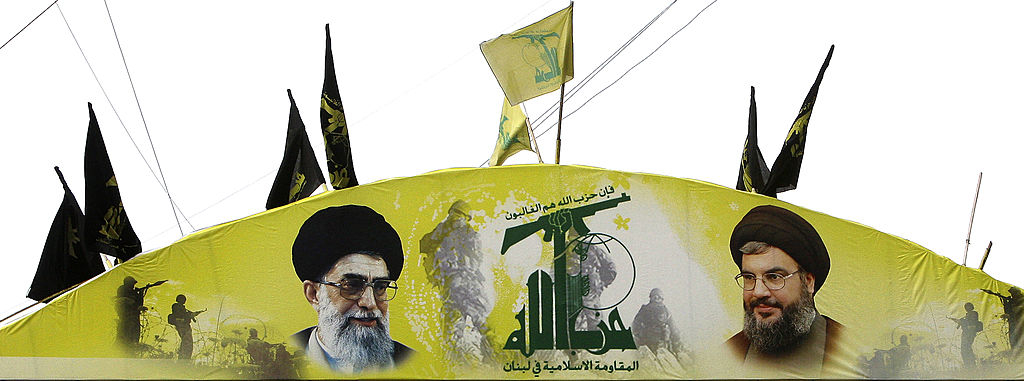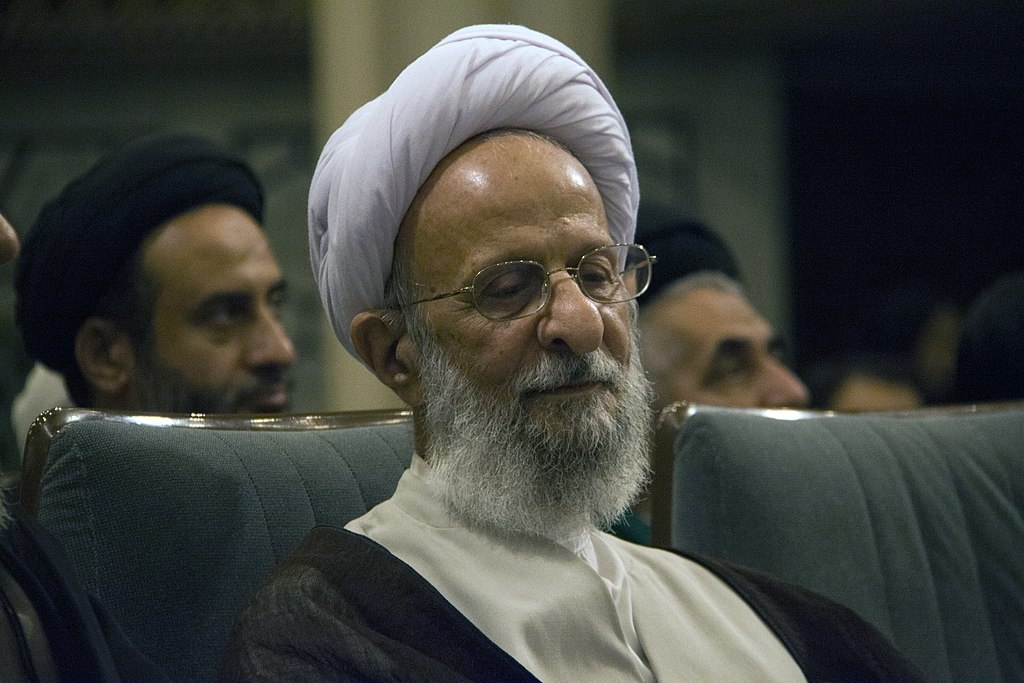GATESTONE in this mailing:
- Con Coughlin: Iran, China, Promise to be the Biggest Tests of Biden's Presidency in 2021
- Amir Taheri: Marx, Heidegger and the Crocodile
Iran, China, Promise to be the Biggest Tests of Biden's Presidency in 2021
by Con Coughlin • January 10th
There is eager anticipation among many of Washington's foes that Mr Biden's inauguration will result in the new president adopting a less confrontational tone with the outside world than his predecessor.
China's communist rulers, for example, are hopeful that Mr Biden will engage in the kind of meaningless trade deals so beloved of his Democratic predecessor, Barack Obama. These are the trade deals where Washington agrees to improve trade ties with Beijing on the understanding that China addresses the unfair trading relationship between the two countries, knowing full well that China's communist rulers have absolutely no intention of fulfilling their end of the bargain.
Before making any move that he may later regret, Mr Biden needs to think long and hard about the likely implications of trying to improve relations with Tehran.
As Iran has demonstrated consistently since signing the 2015 nuclear deal with the Obama administration, Tehran's primary objective is to become the dominant power in the Middle East -- not to live in peaceful coexistence with other nations in the region.

The revelation that Hezbollah has doubled the arsenal of advanced guided missiles it keeps trained on Israel during the course of the past year is a timely reminder that Iran, together with the numerous terrorist proxies it supports throughout the Middle East, promises to present the incoming Biden administration with its most critical foreign policy challenge in 2021.
In many respects, so far as the ayatollahs are concerned, 2020 has been a year to forget. The year, for them, got off to a bad start when the Trump administration succeeded in carrying out the assassination of Qassem Soleimani, the iconic head of Iran's Islamic Revolutionary Guard Corps' Quds Force -- the man who, as a trusted confidante of Supreme Leader Ayatollah Ali Khamenei, was primarily responsible for disseminating Tehran's malign influence throughout the region.
Marx, Heidegger and the Crocodile
by Amir Taheri • January 10th
Because Fardid knew no German, his knowledge of Heidegger was based on scanty reading and misreading of French or Persian translations.
Fardid's understanding of Heidegger could be summed up in two erroneous beliefs: society's need for order and the need for an unimpeachable leader to impose that order. He also claimed a visceral hatred of Marxism in all its many different forms
No one was allowed to join the debate and suggest, ever so modestly, that maybe it was time for Iranians to use their own heads and begin thinking themselves.

At a time that the ruling elite in Tehran were busy marking the anniversary of the killing of Gen. Qassem Soleimani, the Khomeinist movement lost another of its iconic figures: Ayatollah Muhammad-Taqi Mesbah-Yazdi.
The 86-year-old cleric who changed his surname from Givehchi (sandal-maker) to Mesbah (Arabic for lamp) was alone among Khomeinist mullahs to have secured the title of "Super Scientist" (Allameh in Arabic) from the establishment. He was marketed as "the greatest living Islamic philosopher" and, as head of the Imam Khomeini Center of Studies, the custodian of Khomeini's theologico-political heritage.
However, Mesbah-Yazdi's chief distinction may well have been his role in providing a pseudo-religious basis for the cult of personality built around the "Supreme Guide" Ali Khamenei. This is perhaps why Khamenei took the unusual step of personally leading the "prayers on the mortal remains" of the cleric.

No comments:
Post a Comment